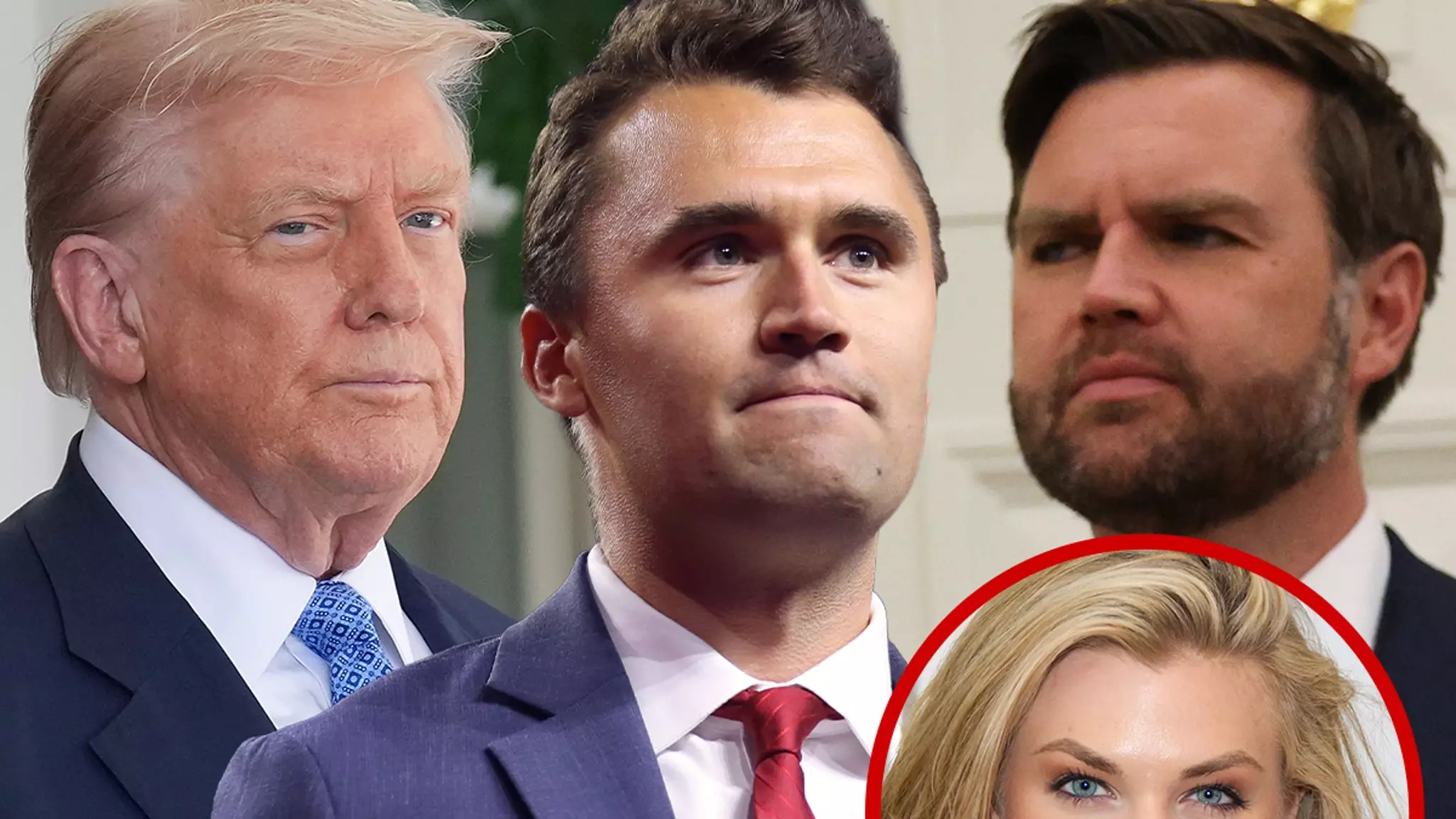The recent memorial service honoring Charlie Kirk has sparked a significant national conversation about political violence and the resilience of American democracy. With high-profile figures like President Donald Trump and Vice President J.D. Vance leading the tribute, the event signals more than just mourning—it acts as a rallying cry for unity amid chaos. What stands out is how the gathering transcended mere commemoration to become a platform for addressing deeper issues impacting American political discourse. The decision to hold this memorial separately from Kirk’s funeral illustrates an intent to celebrate his legacy while confronting the violence that abruptly ended his life. This dual purpose underscores both the personal grief shared by countless Americans and the urgent societal need to reflect on the climate of hostility.
Leadership as a Response to Crisis
The involvement of top political figures like Trump and Vance is a stark reminder of how deeply intertwined politics are with national identity. Their presence lends a sense of gravity and legitimacy to the event, reinforcing that political violence is not just an isolated incident but a challenge to American stability. Furthermore, the inclusion of influential figures such as Robert F. Kennedy Jr., Marco Rubio, and others from across the political spectrum suggests an intentional effort to foster dialogue and healing. It’s notable that Elon Musk, often regarded as a symbol of innovation and free speech, was observed initially isolated but eventually joined the crowd—perhaps symbolizing the societal tension between individual expression and collective responsibility.
Confronting the Roots of Violence
The shooting that claimed Kirk’s life is a stark reminder of the dangerous consequences of polarized rhetoric. Reports indicate that Tyler Robinson, the shooter, was motivated by frustration with Kirk’s outspoken conservative views—a tragic testament to how words can escalate into violence when societal divisions deepen. The incident ignited calls for accountability, with the White House pointing fingers at the political left for fueling contentious debate. This blame game, however, risks overlooking the more complex roots of societal discord, including mental health issues, social media toxicity, and the normalization of hostility. It is crucial that all sides acknowledge their role in fostering an environment where such violence becomes conceivable.
Media and Public Responsibility in Healing
As the nation grapples with the aftermath, the role of media and public discourse becomes more critical than ever. Memorials like Kirk’s serve as opportunities not just for remembrance but for reflection on how political communication can be reimagined. The absence of any notable Democratic leaders at the event raises questions about political accountability and unity. Moving forward, a more inclusive approach—bringing together diverse voices—may be necessary to truly heal and prevent future tragedies. This event pushes Americans to rethink the boundaries of free speech, the importance of civility, and the need to cultivate a political climate rooted in respect and understanding, rather than division and hostility.

